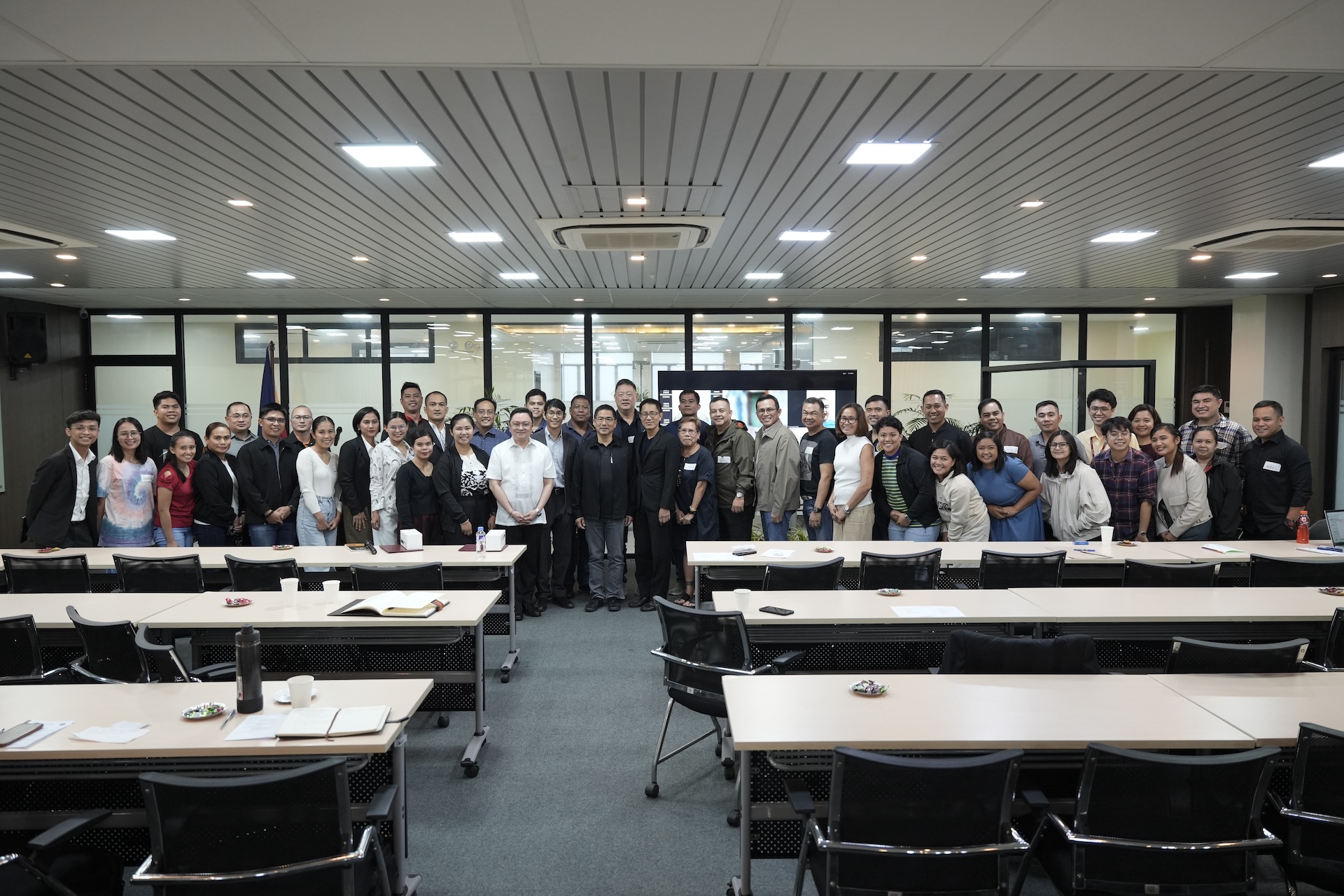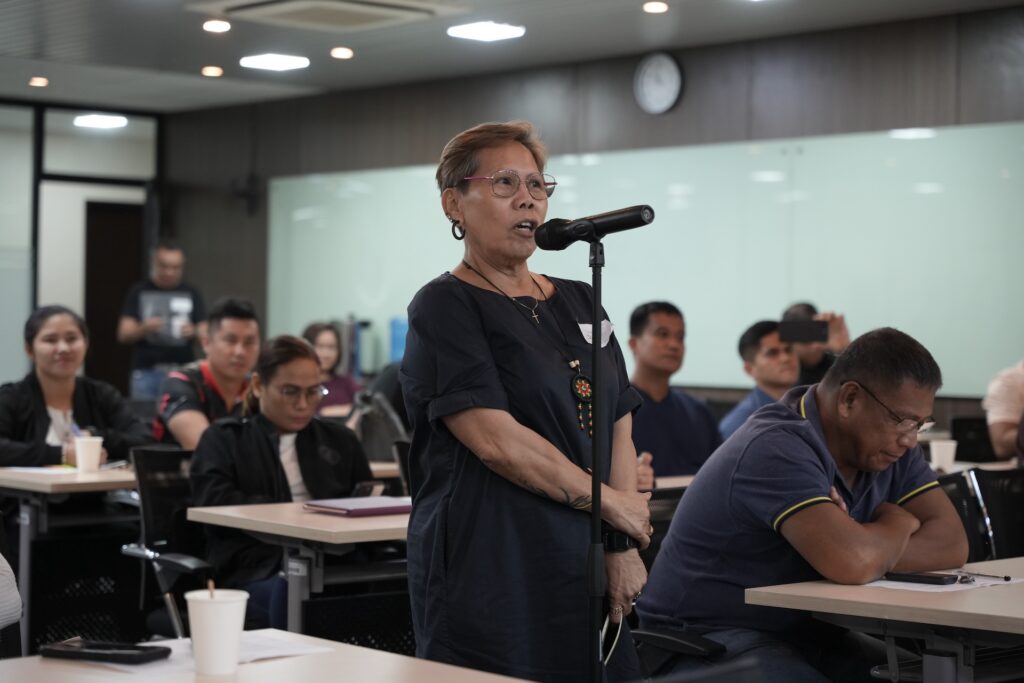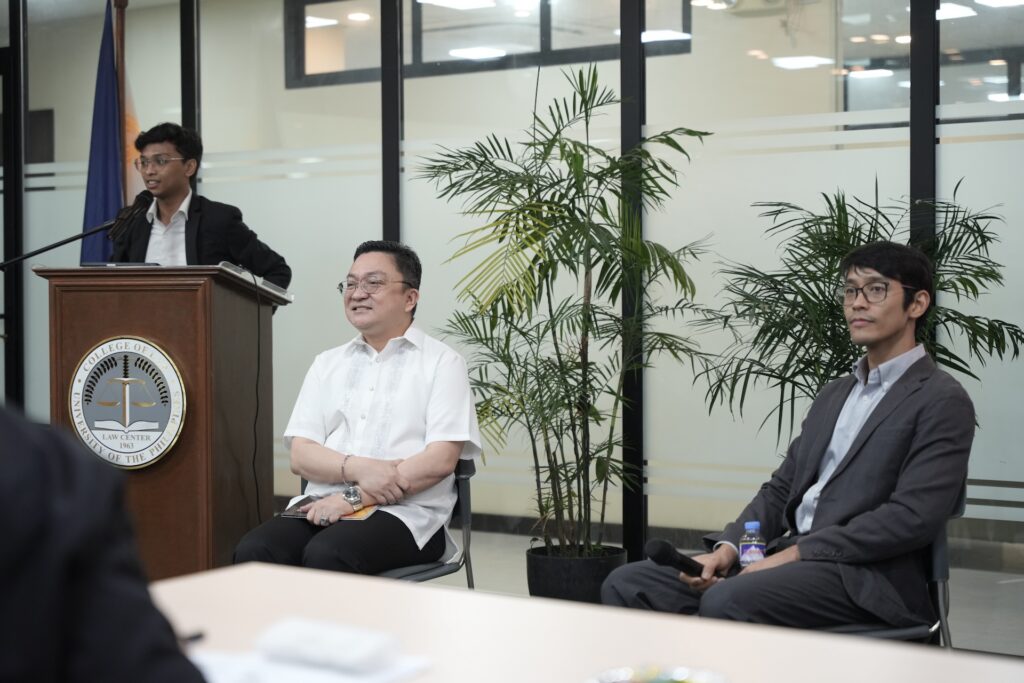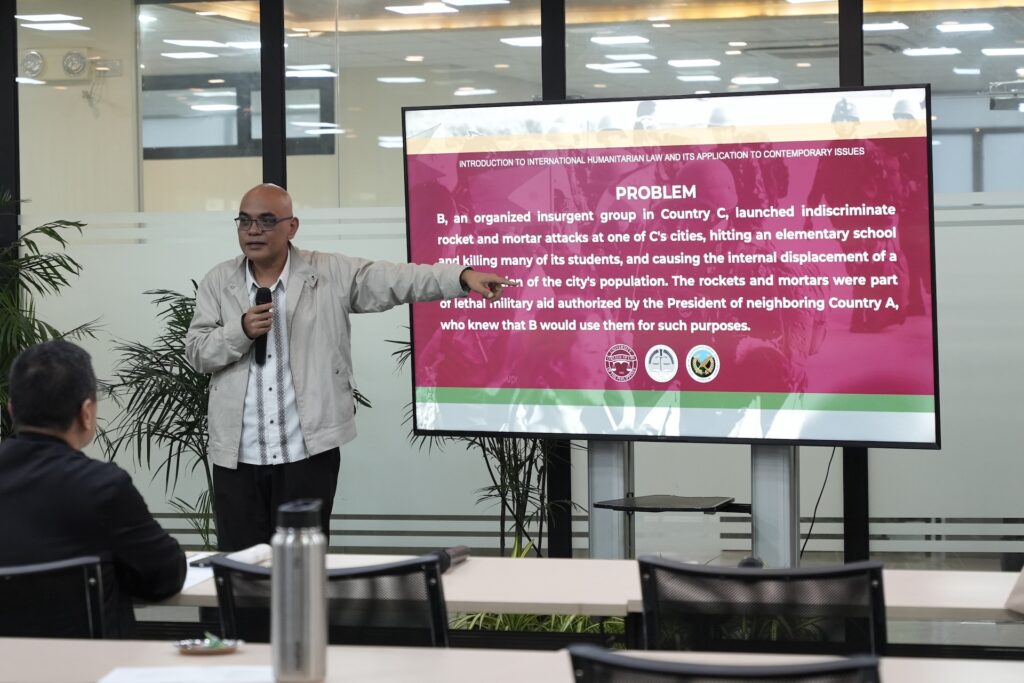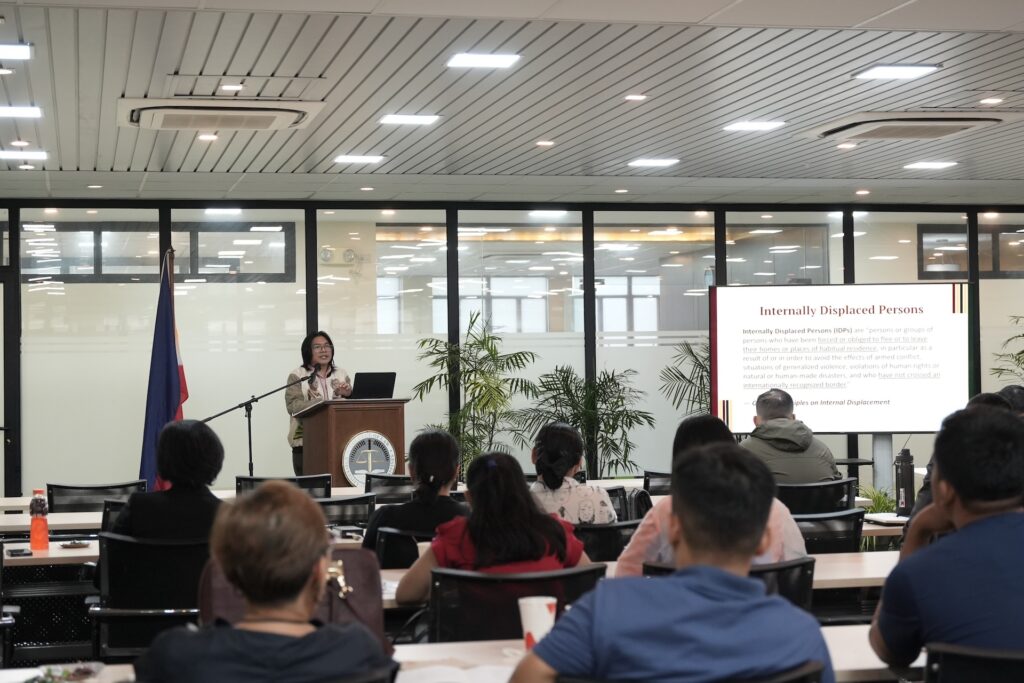Introduction to International Humanitarian Law and its Application to Contemporary Challenges
On November 23, 2024, the Institute of Government and Law Reform (IGLR) of the UP Law Center, in partnership with the Armed Forces of the Philippines Judge Advocate General Service (AFP JAGS) Reserve, held a capacity-building seminar titled “Introduction to International Humanitarian Law (IHL) and its Application to Contemporary Challenges.”
Held at the UP College of Law Diliman, the seminar aimed to deepen the understanding of IHL among AFP active and reserve personnel, with over 200 participants joining onsite and online, including those from remote areas. The opening remarks was delivered by Brigadier General Peter C. Suchianco where he emphasized the importance of continuous education for the AFP and how this seminar aimed at advancing such objective.
The seminar featured two sessions. The morning session’s first speaker was Atty. Marwil N. Llasos who opened with a comprehensive discussion on the core principles and scope of IHL. He emphasized the distinctions between IHL and International Human Rights Law, highlighting that while the latter applies at all times, IHL is specifically designed for armed conflict situations. Atty. Llasos also discussed the principles of distinction, necessity, proportionality, and humanity, and the categories of protected persons and objects. Atty. Jonathan A. Pabillore followed with an engaging session on the role of non-state actors and the legal challenges of terrorism in non-international armed conflicts (NIACs). Atty. Pabillore discussed International Court of Justice landmark Decisions such as Nicaragua v. United States, where the ICJ ruled that simply giving support like funding and training to armed groups is not enough to hold a state fully responsible for their actions—it must have direct control over their operations. He also explained Prosecutor v. Tadic, a case that defined the conditions for conflicts within a country to be considered a non-international armed conflict, such as the level of violence and organization of the armed groups involved.
For the afternoon session, Atty. Raymond Marvic “Ice” C. Baguilat tackled the pressing issue of protecting internally displaced persons and children during armed conflicts. Atty. Baguilat discussed laws on internally displaced persons (IDPs) and children in situations of armed conflict. He explained the guiding principles on internal displacement and highlighted the challenges faced by IDPs in the Philippines, including gaps in legislation and administrative barriers. Atty. Neil Simon S. Silva concluded the sessions with an exploration of accountability and remedies under IHL. He examined key provisions of R.A. No. 9851 and discussed the role of the International Criminal Court (ICC) in prosecuting war crimes and other violations of IHL. He also addressed practical considerations in applying IHL, including the legal responsibilities of commanders in ensuring compliance during military operations.
There were Q&A forums after each session where participants engaged in in-depth discussions with the speakers, addressing complex issues such as the application of IHL to modern warfare and the protection of vulnerable populations. The program concluded with a synthesis of insights gained, reinforcing the relevance of IHL in addressing contemporary conflicts.

